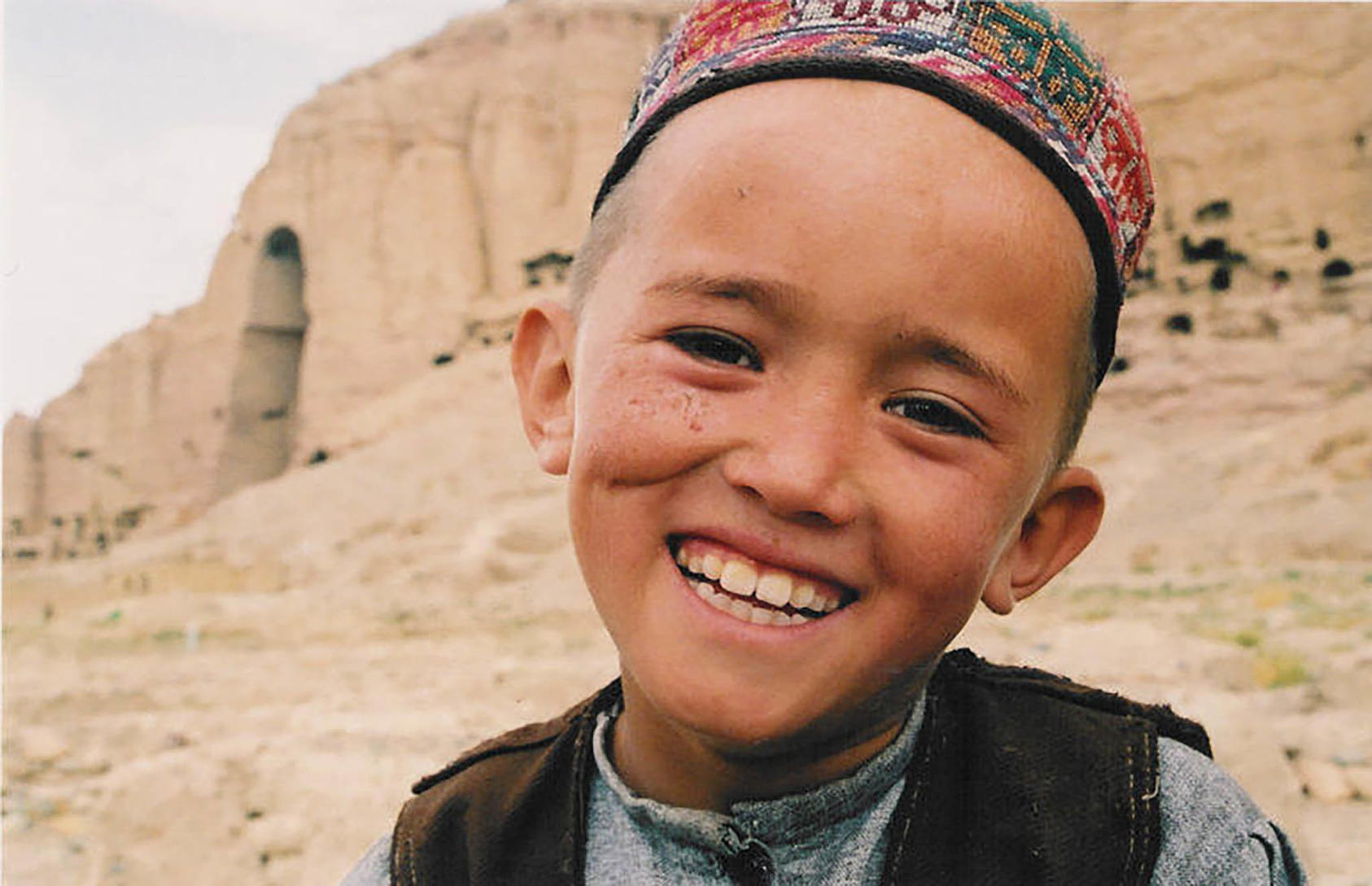Screening of BAFTA-Winner "My Childhood, My Country: 20 Years in Afghanistan”
Documentary Views Afghanistan Conflict Through the Eyes of a Boy Who Grew Up During the War
Afghanistan has undergone dramatic political and military shifts over the past 20 years, especially since the completion of the U.S. withdrawal and the Taliban’s takeover the country. But one unfortunate constant has been the sacrifice and suffering of ordinary Afghans trying to live their lives in the shadow of continuous conflict, regardless of who sits in the Presidential Palace in Kabul. The BAFTA-winning documentary “My Childhood, My Country: 20 Years in Afghanistan” provides a sweeping and intimate portrait of what was gained and lost since the Taliban were ousted in 2001 and regained control of the country in 2021.

The documentary follows a young Hazara boy called Mir, who grew up and started his own family during the time of the Afghan Republic. After first meeting Mir in Bamiyan province in 2002, the filmmakers documented his experience growing up amid the backdrop of the Taliban insurgency to becoming a cameraman and raising his young family in Kabul. His life story and future are directly intertwined with the history of the U.S. intervention in Afghanistan, highlighting the human costs of the failure to reach a political settlement to the conflict.
On October 14, USIP hosted a screening of the award-winning documentary — as well as a discussion with co-director and co-writer Phil Grabsky.
Speakers
Phil Grabsky
Co-Writer and Co-Director, “My Childhood, My Country: 20 Years in Afghanistan”
Belquis Ahmadi, moderator
Senior Program Officer, U.S. Institute of Peace



